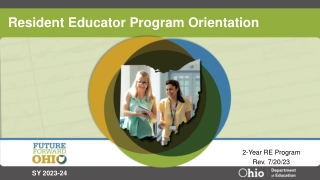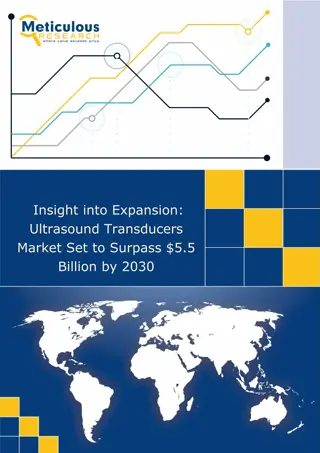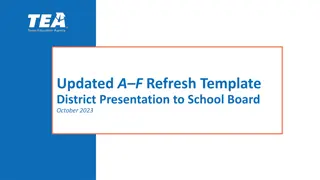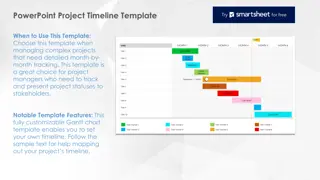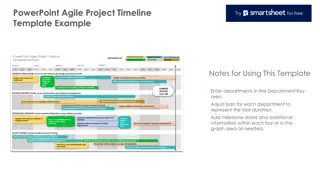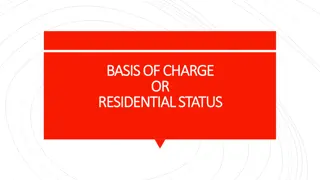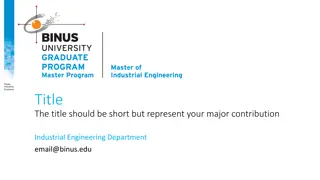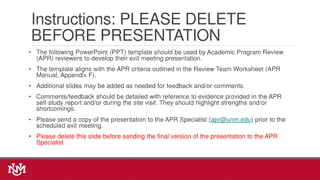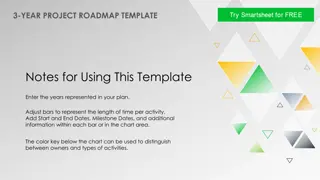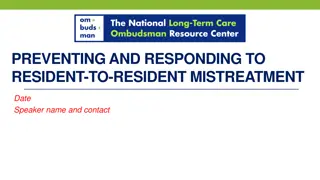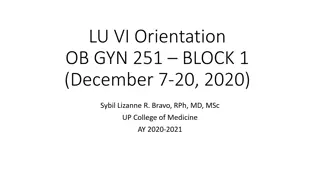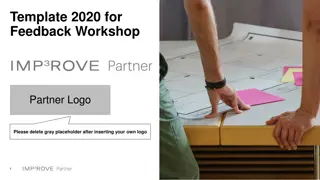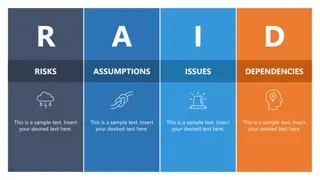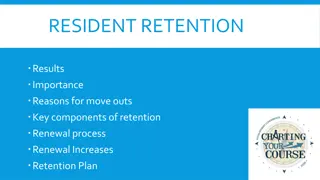Ob-Gyn Resident Research Projects Template
Inform and guide Ob-Gyn residents in planning and presenting their research projects using a comprehensive PowerPoint template. The template includes sections for project title, goals, hypothesis, methods, and background information, providing a structured format for effective research presentations.
Download Presentation

Please find below an Image/Link to download the presentation.
The content on the website is provided AS IS for your information and personal use only. It may not be sold, licensed, or shared on other websites without obtaining consent from the author.If you encounter any issues during the download, it is possible that the publisher has removed the file from their server.
You are allowed to download the files provided on this website for personal or commercial use, subject to the condition that they are used lawfully. All files are the property of their respective owners.
The content on the website is provided AS IS for your information and personal use only. It may not be sold, licensed, or shared on other websites without obtaining consent from the author.
E N D
Presentation Transcript
Ob-Gyn Resident Research Projects Use this Powerpoint Template file when planning and presenting your research. For detailed instructions read: RESIDENT RESEARCH PROPOSAL INSTRUCTIONS This template is available in the Resident Research file on Google Drive This template includes the minimum information that must be included when presenting your research. For your didactic meeting limit your presentation to: Title, Goals, Hypothesis & Methods
Project Title Your name and year of residency Your research advisors name Date of presentation
Goals of your research The goal of this research is to . In very simplistic terms, let the audience know why you are performing the research. After your research project is finished, why will the world be a better place?
Background information We are pursuing this goal because . In these initial slide(s) inform audience what is known about the topic and what is not known about the topic. Try to limit this to one to four slides. Emphasize the significance of your research. Make the audience care about reaching your goal. Use images, graphs and figures whenever possible and avoid using lists of bulleted statements. If a slide has more than 30 words on it, it is a bad slide. Cite sources, usually in small print on the bottom of the slide.
Hypothesis Hypothesis: Example: Women receiving hyperthermic intraperitoneal chemotherapy will survive longer than women receiving ambient temperature intraperitoneal chemotherapy. Important: The hypothesis should be a simple statement that predicts an outcome and can (and will) be tested by your proposed research. Do not use terms like we will see whether or not hyperthermic chemotherapy is . Make it a declarative sentence, even if you re not sure what the outcome will be. If you are having difficulty writing a hypothesis, it is possible your research project is not well thought out. Non-hypothesis research: In some cases, your project may be non-hypothesis driven. For example, you are setting up a community-based forum for educating Somali immigrants. In this case there should be a clearly stated goal and some measureable outcomes that can be used to track the progress of your research.
Methods Describe the specific actions you will take (or have already completed) to test your hypothesis. Methods section should include all pertinent numbers (animals, humans, doses & schedule, number of charts, cells, etc) and a timeline for conducting experiments. Diagrams are extremely helpful to the audience. Be sure to specifically state your control conditions. In hypothesis-driven research you must have controls in all of your experiments. If your project uses animal or human subjects or recombinant DNA indicate in the methods that you have or will have IRB, IBC, and/or IACUC approval. Include the date you have or will have applied for approval. Indicate what statistics you will use and who is helping with statistics.
Results or Predicted Results Present the results of the experiments you outlined in the previous slide. If you have not yet conducted your experiments, present what you predict will happen based on your hypothesis. Use graphs, figures, and diagrams whenever possible, instead of bulleted words.
Discussion State whether or not you met your goal. If your results contradicted your hypothesis, give possible explanations as to why.
Future Inform the audience what will happen in the future because of your research Will there be a change in practice? What are the next steps for this research? What would you like to see in the future because of your research.
Acknowledgements List all the people, organizations, and funding sources that you have helped your research.





